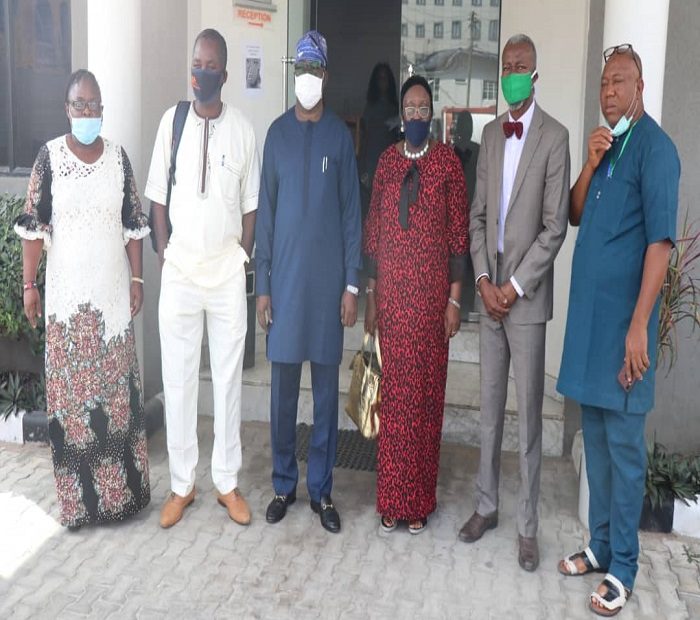

Experts have said that deploying biotechnology in Agriculture through genetically modified crops remain the easiest way to address food scarcity in the face of geometrically growing population of the country and the challenges posed by COVID-19 pandemic.
Speaking at a one-day training organised for Science and Technology reporters in Lagos by the National Biotechnology Development Agency in partnership with Open Forum For Agricultural Biotechnology Development In Africa, OFAB, the stakeholders allayed the fears of the people on the health implications of genetically modified crops, pointing out that there are so many challenges that cannot be resolved using the conventional farming hence the need to deploy Agricultural Biotechnology to address the challenges of food scarcity.
Agricultural biotechnology is a range of tools, including traditional breeding techniques that alter living organisms, or parts of organisms, to make or modify products; improve plants or animals; or develop microorganisms for specific agricultural uses.
In agricultural biotechnology, genetic engineering has enabled the production of crops that are able to grow in non-ideal soil or in dry conditions.
In addition, they have been engineered to be resistant to pests, which allows farmers to use less pesticide.
It also represents one tool used to address some micronutrient deficiency in resource-poor countries, where staple crops have low levels of micronutrients, persistent drought, flood caused by climate change as well as pestilence which affects storage.
Experts believe that deploying biotechnology in modern day Agriculture takes care of farmer’s challenges and have more nutritious food.
The country Coordinator of Open Forum On Agriculture Biotechnology, OFAB, Nigeria, Dr Rose Gidado said malnutrition and food scarcity remained a challenge in Africa including Nigeria, pointing out the activities of Boko Haram, geometrical increase in population, climate change remained a challenge and combining different types of modern Technology can deliver crop traits, insect resistance, disease resistance, stress tolerance, increase storage and improve nutrition.
Dr Gidado said Nigeria has all it takes to apply modern technology, hence the need to facilitate the biosafety bill.
In a presentation entitled Addressing Agricultural Challenges in Africa Using GMOs, the Project Manager TELA Maize, African Agricultural Technology Foundation, Nairobi Kenya, Dr Sylvester Oikeh decried increased anti GMO in Africa with efforts to stop small holder farmers from growing GMOs.
In an opening remark, the Acting Director General of National Biotechnology Development Agency, Professor, Alex Akpa said that no nation has been able to develop without integrating science and technology into its development agenda and that is the path Nigeria is following pointing out that the era of hoe and cutlass farming is over hence the need to adjust to current realities.
The Director General of National Biosafety Management Agency, Mr Rufus Ebegba, who charged the journalists to demystify science in their reportage, said risk assessment of genetically modified foods remained a major priority of the agency to ensure safety.
Some renowned and award winning journalists from African countries including Nigeria spoke on their experiences, the importance of applying Biotechnology in Agriculture, and advised up-coming science reporters to always separate myths from facts and emphasized on the need for media houses to establish a functional science desk in the news room.
High point of the one day training with the theme, ‘The role of Editors in Communicating Biotechnology In Nigeria’ was award of certificates to the participants.
Chioma Ezike